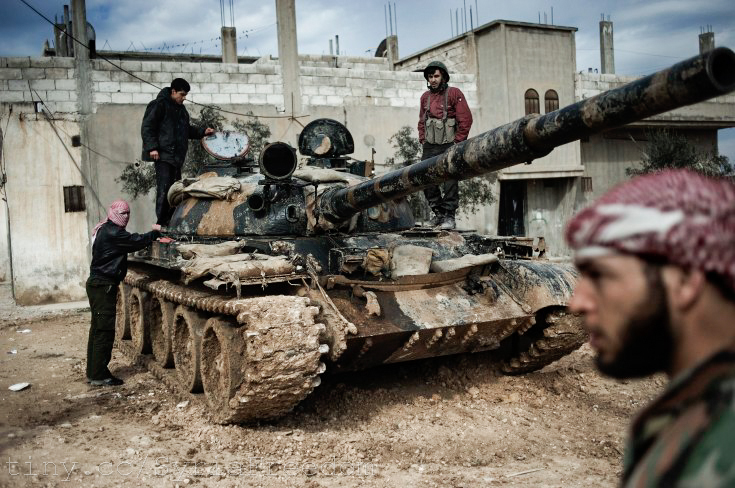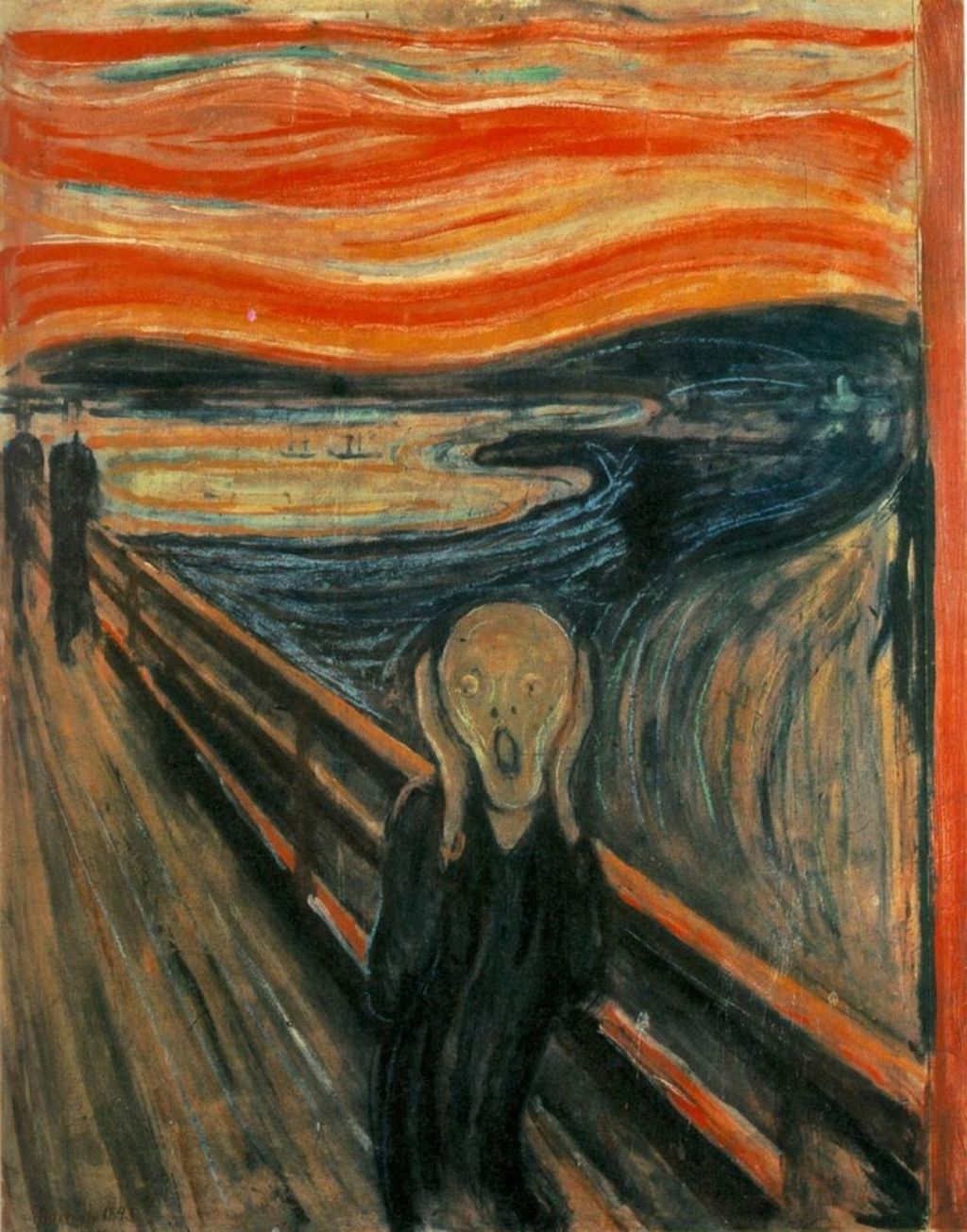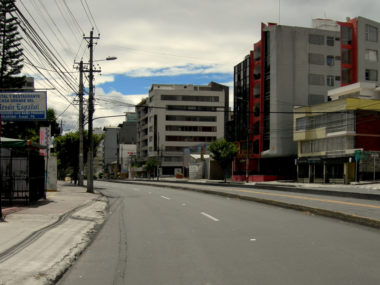Guest post by Constantin Ruhe

During the Syrian conflict, violence escalated dramatically in late 2011 and early 2012. Ideally, we would like to prevent such escalation. The UN aims to contain conflicts at an early stage through preventive diplomacy such as mediated talks. Yet, this ideal is often difficult to achieve. Governments may be reluctant to accept rebel movements as legitimate negotiation partners and they often do not want to set a precedent which encourages other factions to rebel. In Syria, not surprisingly, early diplomatic attempts failed.
If talks are difficult to achieve, under which conditions do they most likely occur? The prominent concept of “ripeness” states that a mediated solution becomes more likely if conflicts enter a mutually hurting stalemate. But when is a conflict “ripe” for talks? The military strength of a rebel group might predict when a military stalemate is likely to emerge. Nevertheless, in early conflict situations, unless a rebel group demonstrates its strength on the battlefield, we often do not know whether it is capable of challenging the incumbent regime, and neither does the regime (or maybe even the rebels themselves).
Yet, if success on the battlefield demonstrates military capabilities, then this may help us determine when mediation is more likely to occur. Recent conflict research has created a quickly growing pool of conflict event databases which allow us to examine such arguments more closely. These data document individual events in conflicts such as conflict management initiatives or fighting between armed groups. For these events, the datasets provide information on such things as time, geographic location or even casualties.
Recent research draws on these data and suggests that two factors – military success by rebels and fighting near population centers – correlate with a high probability of an early initial mediation attempt. In a new paper published in the Journal of Peace Research, I examine the link between conflict intensity and the timing of mediation more closely. The results indicate that in the early stages of conflicts, increased intensity correlates with higher probabilities of mediated talks only when the fighting occurs close to the national capital. On the other hand, intensifying fighting far from the capital predicts a decreasing likelihood of mediation. If the fighting occurs right in the capital, intensity is not correlated with the probability of mediated talks.
Of course, correlation is not causation. Governments and rebels most likely do not constantly gauge the fighting’s average distance to a nation’s capital when they decide whether or not to accept mediation. Nevertheless, we know from previous research that the location of a conflict can be a proxy for the military strength of rebel movements. If we interpret the finding through this lens, then the results give way for a more intuitive interpretation: Given that rebels possess military capabilities which match those of the government, increased intensity underlines the threat posed by the rebels. In these situations, governments might be more inclined towards early negotiations. In contrast, in a conflict with a weak rebel movement, increased intensity might indicate that a regime is determined to crack down on a rebel movement and will most likely not accept negotiations any time soon. Vice versa, if rebels are able to attack the capital’s center, the rebels appear capable to quickly overthrow the regime and are probably not willing to negotiate. In the two latter situations, a carrots and sticks approach may sway the escalating side to agree to negotiation. However, if a regime is willing to accept international isolation and escalate violence as brutally, as the Assad regime did in 2011 and 2012 in Syria, then this signals a very low inclination to negotiate.
Admittedly, event data is not perfect. Nevertheless, this research suggests that events on the battlefield might help to assess the prospects of preventive diplomacy at a given point in time.
Constantin Ruhe is a PhD candidate at the Graduate School of Decision Sciences, University of Konstanz.






